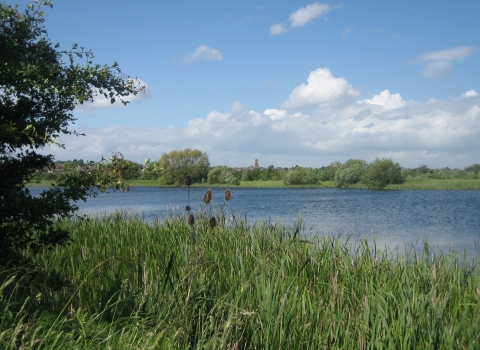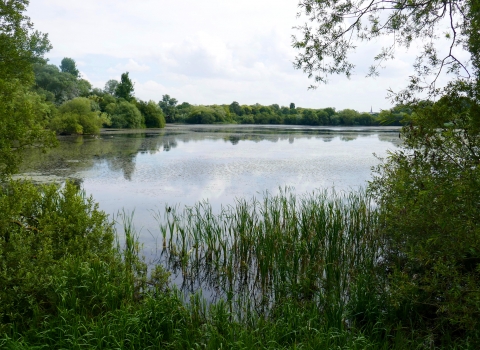The River Nene has many important functions. As well as being a natural feature and the habitat for fish, plants, insects and birds, it is an important source of drinking water to fill both Pitsford and Rutland Water reservoirs for public water supply; a demand which is ever increasing with population growth and climate change. It is also important for navigation by boat and recreational uses. These uses of the river have resulted in many modifications over the past centuries, including the installation of locks, widening and deepening to permit boat passage, and removal of meanders both for navigation and flood prevention reasons. Pollution from sewage treatment works, industrial sites and agricultural land combine to have a major impact on water quality.
A River Restoration Officer has been employed to locate issues along the river Nene and its tributaries, identify the causes, and develop and deliver remediation measures. These measures can include creating new habitat in the river for fish, restoring meanders, or reducing pollutants reaching the river. The river is the thread that ties together the floodplain habitats in the Nene Valley so enhancing the riverine environment will improve the role of the river in creating a connected wildlife network.
The River Restoration project is currently being delivered through the Resilient Rivers project, part of the Nenescape HLF Landscape Partnership Scheme.


